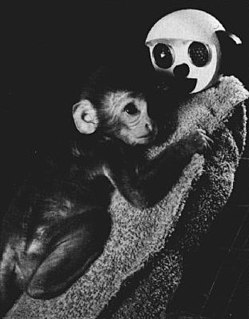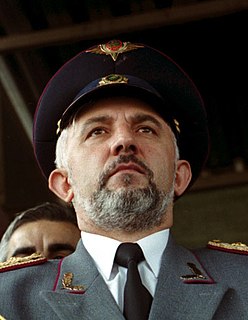A Quote by Anthony Marra
During the 20th century, Chechnya was written about by local poets and novelists, as well as writers from Russia and Central Asia, but very little is available in English translation.
Related Quotes
Some stories I write in Swedish, some in English. Short stories I've almost exclusively written in English lately, mostly because there's such a small market for them in Sweden and it doesn't really pay either. So, the translation goes both ways. What also factors in is that I have a different voice in English, which means that a straight translation wouldn't be the same as if I'd written it in English originally.
I think that poets can say, "What we want is for everybody on earth to wake up free from fear and with access to medicine and clean water and education." But I don't think poets have any special insight on how to get there. And the 20th century is a pretty good record of that because so many of the great poets were Stalinists: Vallejo, Neruda, Eluard, Aragon, etc. They wrote their odes to Lenin and Stalin. They glorified some of the most violent and grotesque dictatorships of the 20th century. And a lot of the ones who were not Stalinists were fascists or fascist sympathizers.
I've had the good fortune to read a lot of great American writers in translation, and my absolute beloved, for me one of the greatest writers ever, is Mark Twain. Yes, yes, yes. And Whitman, from whom the whole of 20th-century poetry sprung up. Whitman was the origin of things, someone with a completely different outlook. But I think that he's the father of the new wave in the world's poetry which to this very day is hitting the shore.
In 1995, Russia virtually gave Chechnya de facto statehood and independence even though, de jure, it didn't recognize Chechnya as an independent state. And I would like to emphasize strongly that Russia withdrew all of its troops, we moved the prosecutors, we moved all the police, dismantled all the courts, completely, 100 percent.
My biggest poetic influences are probably 20th-century British and Irish poets. So I suppose I'm always listening for the music I associate with that poetry, the telling images, the brevity. I want to hear it in my own work as well as in the poetry I read. However, I think I'm generally more forgiving of other poets than myself.
It's a historical thing, up to the 19th century the English hated the French. Then in the 20th century the English started to hate the Germans - as we began to move alphabetically through the map of the world. Now, the year 2000, we are fine with the Germans... but the Hungarians are pissing us off.






































